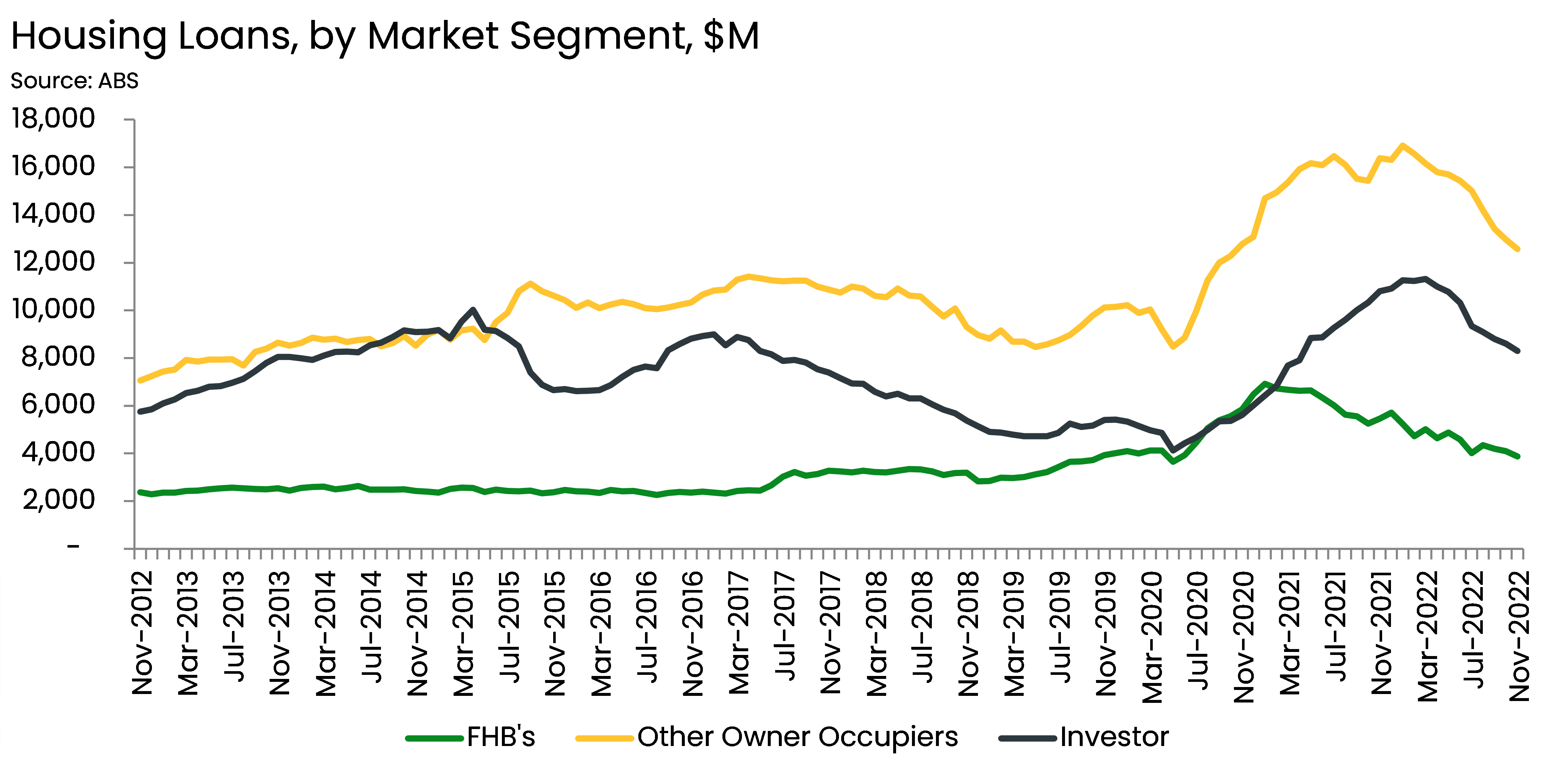Workforce Australia Employment Services inquiry calls for ‘honest, direct and bold’ submissions
THE Federal Government’s Select Committee on Workforce Australia Employment Services is calling for submissions on key issues with Workforce Australia, as well as advice and proposals to improve employment services in the future.
Submissions are requested by February 28, 2023.
The committee has published a Submissions Guide which identifies key issues, themes and insights arising from the committee’s preliminary investigations, provides an overview of the current system, and sets out questions that may assist in the framing of a submission.
Committee chair, Julian Hill MP said, “This inquiry is a comprehensive, first-principles review of Workforce Australia hence nothing is off the table. We are actively questioning all assumptions about the design and implementation of employment services in Australia, as well as a range of other issues related to jobseekers’ and employers’ interactions with employment services. Fundamental aspects of the system require re‑examination.
“A well-known definition of insanity is doing the same thing over and over but expecting different results. Yet this is what Australia has done for decades now with the employment services system.
“This has led to a system which failed to effectively invest in Australian jobseekers and to support people into sustainable employment, and which has failed to engage and assist the vast majority of employers.
“The submission guide will make it easier for people to contribute as the employment services system is very complex and the inquiry is very broad. The guide also invites expert submitters to assist the committee by helping to answer a range of specific questions as clearly and concisely as possible.
“Please be honest, direct and bold in your submissions.”
The committee especially encouraged people who had first-hand, lived experience with the system to share their views and recommendations for change.
Copies of the documents provided to the committee by the Department of Employment and Workplace Relations at its first public hearing on November 3, 2022 are now online. These provide a range of details on Workforce Australia that may be useful for submitters.
All contributions to the inquiry would be welcomed, Mr Hill said. He said submitters may address as many or as few matters set out in the guidance material as they wished. Submissions may also highlight other issues, so long as they remain directly relevant to the Terms of Reference.
Further information about the inquiry, including future public hearings, published submissions and hearing transcripts, are available on the inquiry website.
ends



